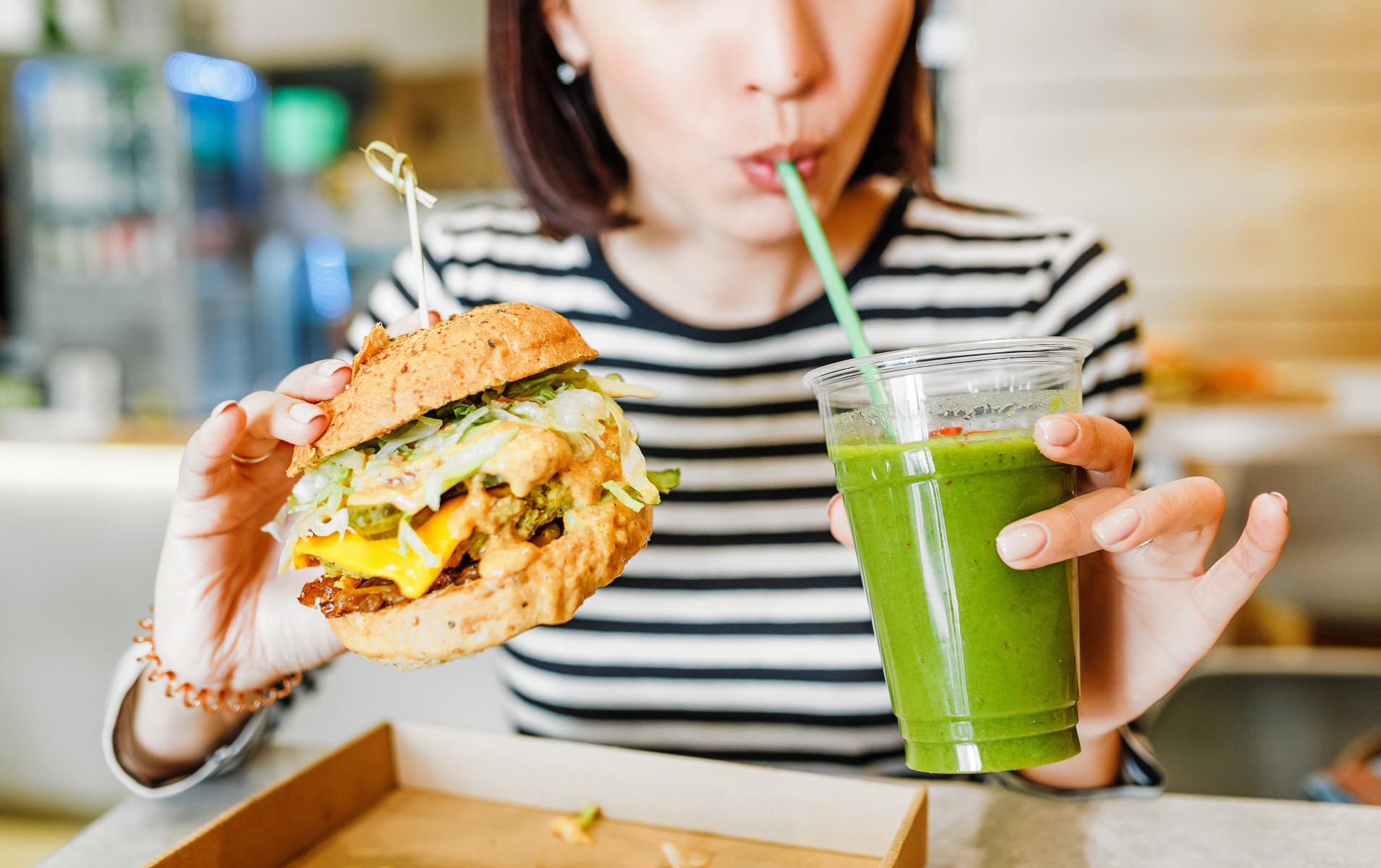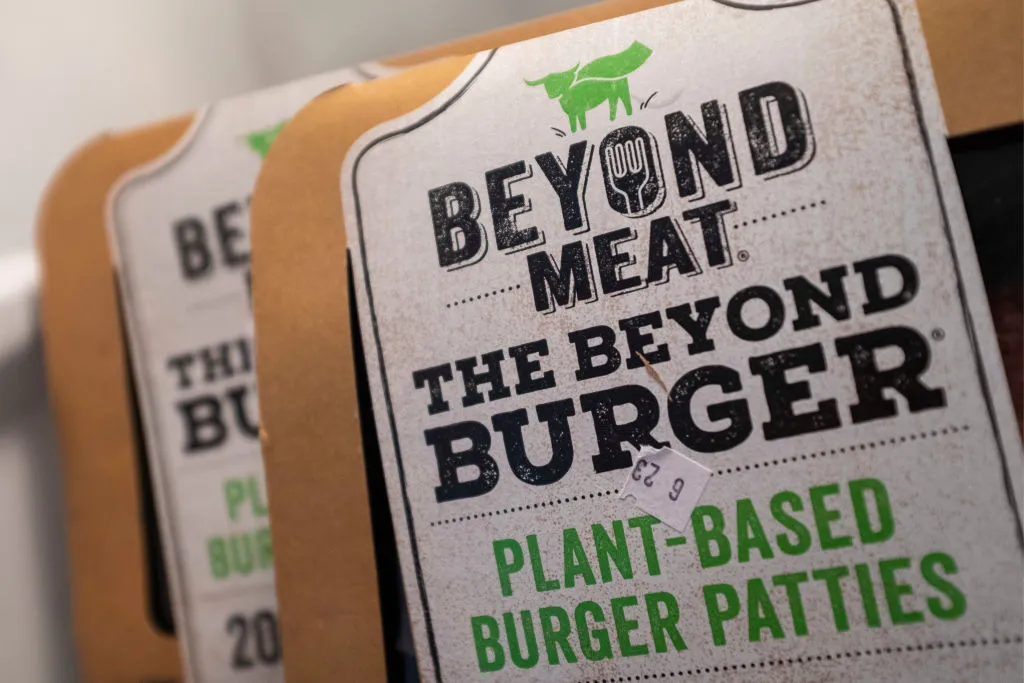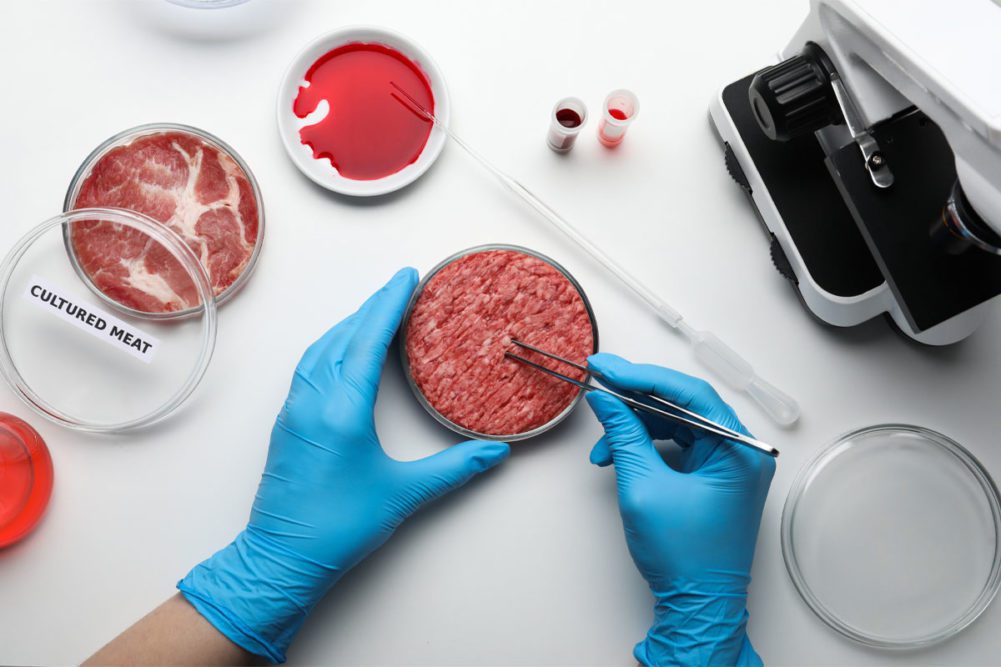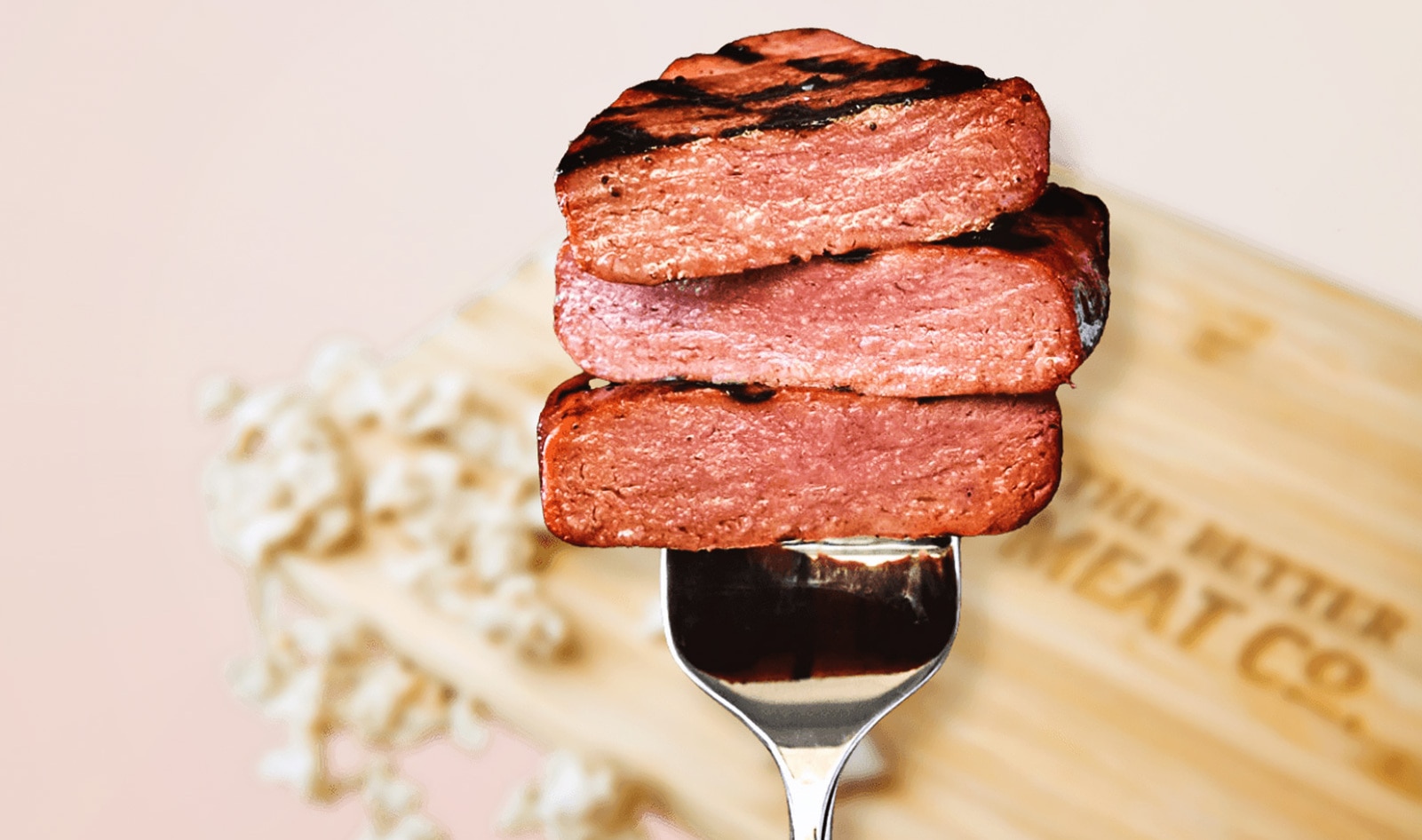Macro moves like investing in alternative protein and micro steps like local ice cream companies moving away from dairy are all helping the UK hit its net-zero target by 2050.
While many cultures have consumed plant-forward diets for millennia, British activist Donald Watson officially coined the term “vegan” in 1944, and went on to found The Vegan Society in the United Kingdom. The Society was established to promote the benefits of a plant-based diet and to encourage people to avoid using animal products.

Nearly 80 years on and the popularity of the movement in the UK—where 600,000 people identified as vegan in 2021—can be gleaned from a number of milestones like Freya Cox’s 2021 appearance on The Great British Bake Off, where the 19-year-old baker became the first vegan to compete on the cult-classic competition show.
As of last year, London boasted more than 400 vegan businesses, which nabbed it an award for the top vegan city in the world by resource HappyCow.
This year’s lucrative British Kebab Awards also embraced plant-based competitors for the first time in its 10-year history by adding a Best Vegan Kebab category.
And who can forget the great vegan sausage roll launch at Greggs in 2019, when the convenience chain could hardly keep the meatless pastries in stock for months.
With these advancements and countless more, it is clear that the move toward animal-free alternatives is continuing to make inroads in the UK in ways big and small, all of which are important in helping the country hit its net-zero climate goals by 2050.

Investing in alternative proteins
On a macro level, the UK is also making moves in supporting sustainable proteins through a new investment by the Engineering and Physical Sciences Research Council. The government organization made a £12 million ($15 million) investment in the Cellular Agriculture Manufacturing Hub (CARMA), a seven-year project led by the University of Bath.
“Today’s announcement is a seismic move in the development of a UK sustainable protein industry and I want to praise the government for investing in the extraordinary potential of these new ways of making meat,” Linus Pardoe, UK policy manager at the nonprofit Good Food Institute Europe, said in a statement.
The CARMA project will focus on how to advance the cultivated meat industry, a way of producing protein using a small sample of cells that are grown into meat in bioreactors without the need to slaughter animals en masse. This way of making meat has ethical benefits and stands to heavily reduce the environmental impact of producing animal protein at scale.

“This landmark investment is a strong indication that the UK government recognizes the importance of cellular agriculture and the need to invest in the R&D necessary to help British companies scale production, bringing down costs and making this food available to everyone,” Pardoe said.
British cultivated meat companies Hoxton Farms and Quest Meat will participate in CARMA, which will also examine precision fermentation—in which microbes take the place of animals in producing proteins—as another method of producing animal-free foods.
“It’s also great to see that this project will explore the societal implications of these new ways of making food, ensuring that consumers and food producers understand and benefit from these game-changing innovations,” said.

** Click here to read the full-text **








